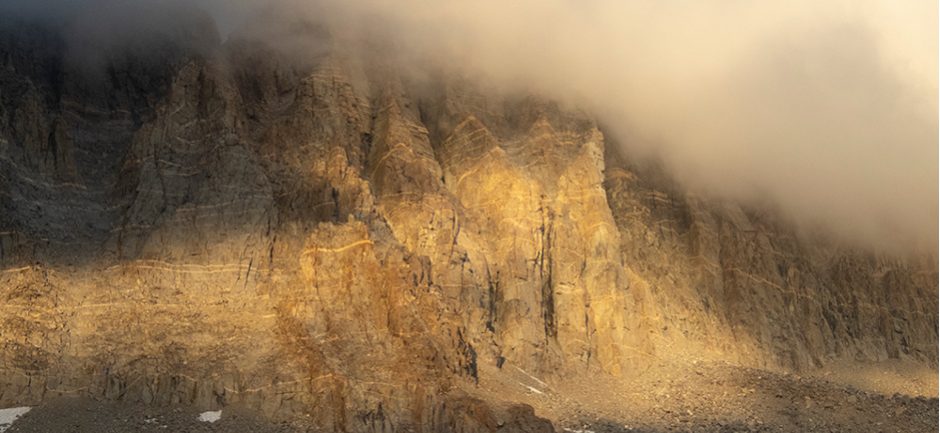Back in the 80s, I lived and worked for a month outside London. Weekends and a few week nights I’d ride the train into Waterloo Station, hop on the Underground, ride part way, then walk the rest to a museum, theater, or some other tourist destination. I learned a few neighborhoods and their good places to eat and drink. When a friend visited for a few days, we went full tourist, riding a Tour of London bus that circled inner London. It tied the isolated bits I knew into a more coherent whole.
“Don’t Read Poetry” is like taking tours of a big city, all with the same guide but different themes (Feelings, Characters, Forms, Difficulty, Wisdom, and Community) and routes. The routes cross and even overlap. Some of the same poems appear in more than one theme.
This book is compiled from the author’s blogs and has the breezy, breathless rush of an enthusiast showing you the treasures she’s found. This is not a museum guide reciting a script written by an academic ten years ago about the permanent collection that hasn’t changed in twenty years.
The author ranges wide across time (Ecclesiastes and the Biblical prophets, John Donne, Geoffrey Chaucer on up through Terrance Hayes and the #meToo movement) and space (European and non-European forms, both folk and formal). The author is trying to lift up our eyes to see beyond the usual authors and forms. Great poems align their subject, sound, form, and difficulty/accessibility, sometimes in opposite directions. Many of the cited poems are political (#meToo) or prophetic in the Hebrew Testament sense of social critique. Understanding requires context, “… when we see what it works against.” I encountered this in my own reading of Amos who has some timeless lines, e.g. “But let justice run down as waters and righteousness as a mighty stream.” Reading the whole book I was mystified. Amos rants mightily against something, but what? I had to ask a seminary student. Answer: a long forgotten religion that only history cares about. Which emphasizes something intrinsic to poetry. As a preaching professor said about his recent reluctance to quote poetry in sermons, “Poetry releases its treasures slowly.”
Though the author is an academic (English professor at Harvard) her intent is to invite you into poems, not intimidate or impress. The language in a few sections is a bit odd. I almost wondered if the explanation of a theme, form, or technique was written in that style.
The point of “Don’t Read Poetry,” is we can only read individual poems, written in a variety of forms, for a variety of reasons. Read them for themselves, not as a homogenous body of work. And read this book.
